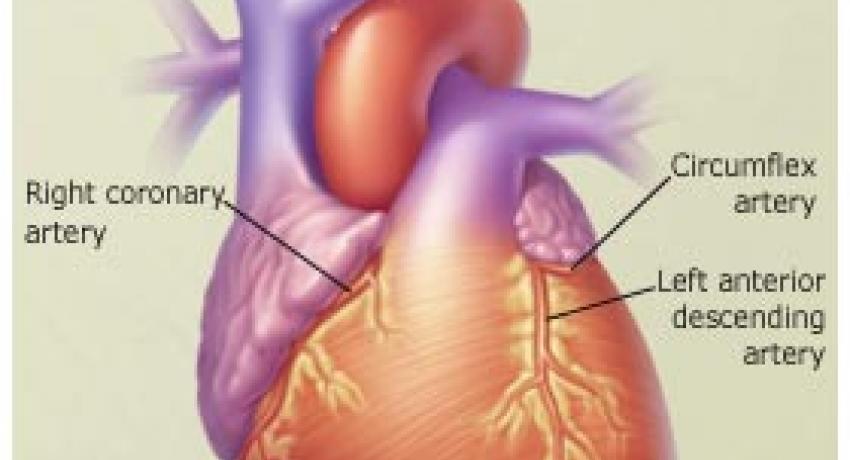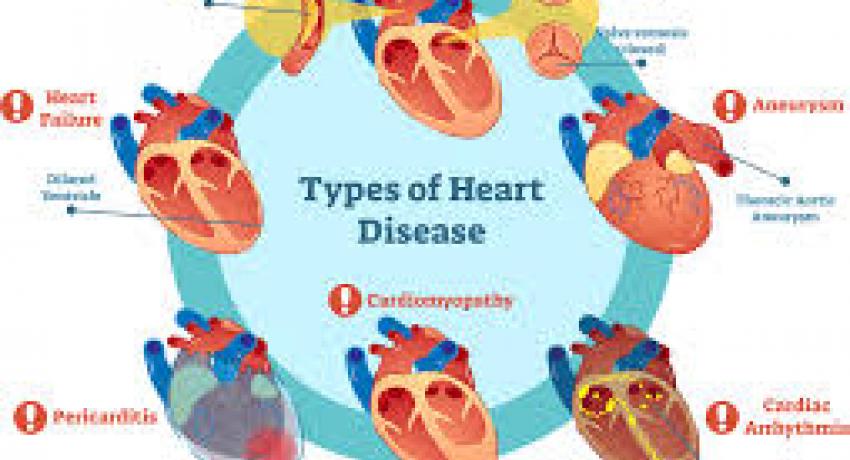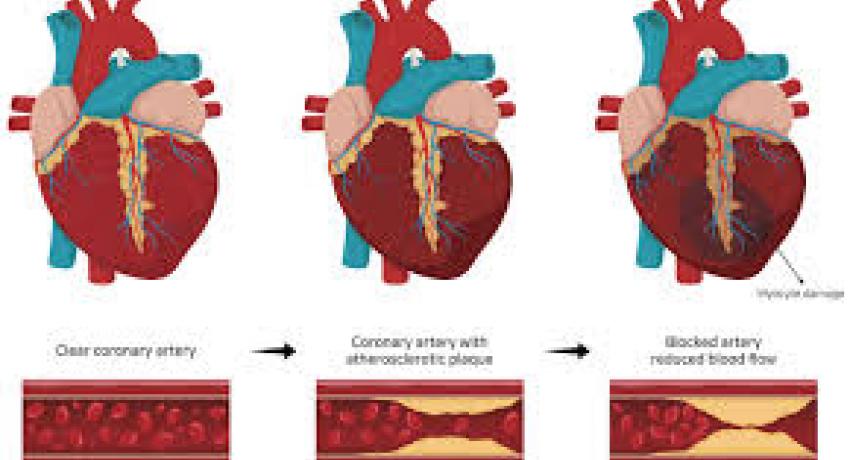What Are Cardiovascular Diseases?
- Abnormal heart rhythms, or arrhythmias.
- Aorta disease and Marfan syndrome.
- Congenital heart disease.
- Coronary artery disease (narrowing of the arteries)
- Deep vein thrombosis and pulmonary embolism.
- Heart attack.
- Heart failure.
- Heart muscle disease (cardiomyopathy)
Cardiovascular disease is the leading cause of death in the U.S. It’s important to learn about your heart to help prevent it. If you have it, you can live a healthier, more active life by learning about your disease and taking care of yourself.
Types of cardiovascular disease can have various causes, so it’s important to know the difference.
Abnormal Heart Rhythms
The heart is an amazing organ. It beats in a steady, even rhythm, about 60 to 100 times each minute. That's about 100,000 times each day. Sometimes your heart gets out of rhythm. Your doctor calls an irregular or abnormal heartbeat an arrhythmia. An arrhythmia (also called a dysrhythmia) can bring on an uneven heartbeat or a heartbeat that is either too slow or too fast.
Aorta Disease and Marfan Syndrome
The aorta is the large artery that leaves your heart and brings oxygen-rich blood to the rest of your body. These two conditions can cause the aorta to widen or tear. This raises the chance of things like:
- Atherosclerosis (hardened arteries)
- High blood pressure
- Connective tissue disorders that can weaken your blood vessel walls, such as scleroderma, osteogenesis imperfecta, Ehlers-Danlos syndrome, and polycystic kidney disease
- Injury
If you have aorta disease, you’ll need a team of specialists and surgeons to take part in your treatment.
Cardiomyopathies
This is the term for diseases of the heart muscle. They’re sometimes simply called enlarged heart. People with these conditions have hearts that are unusually big, thick, or stiff. Their hearts can’t pump blood as well as they should. Without treatment, cardiomyopathies get worse. They can lead to heart failure and abnormal heart rhythms.
Cardiomyopathy may sometimes run in families, but it can also be caused by high blood pressure, diabetes, obesity, metabolic diseases, or infections.



Comments
TITLE OF THE COMMENT
Duis egestas convallis elit sit amet tempus. Morbi arcu arcu, commodo sit amet vehicula nec, aliquam ac tellus. Pellentesque habitant morbi tristique senectus et netus et malesuada fames ac turpis egestas.
TITLE OF THE COMMENT
In reply to TITLE OF THE COMMENT by admin
Duis egestas convallis elit sit amet tempus. Morbi arcu arcu, commodo sit amet vehicula nec, aliquam ac tellus. Pellentesque habitant morbi tristique senectus et netus et malesuada fames ac turpis egestas.
TITLE OF THE COMMENT
Duis egestas convallis elit sit amet tempus. Morbi arcu arcu, commodo sit amet vehicula nec, aliquam ac tellus. Pellentesque habitant morbi tristique senectus et netus et malesuada fames ac turpis egestas.
TITLE OF THE COMMENT
Excepteur sint occaecat cupidatat non proident, sunt in culpa qui officia deserunt mollit anim id est laborum.